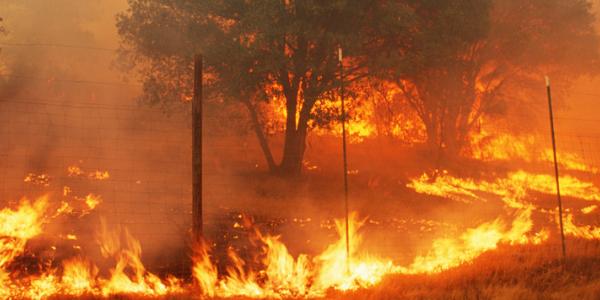


Wildfire season has unfortunately become the norm each year — especially among droughts, extreme heat and (at times) human error. These wildfires ravage cities, local wildlife, power and electricity and our air. And although damages seem obvious at times, there are health effects that aren’t as noticeable.
Wildfire smoke is a silent attacker. Sometimes all we can do is smell it, other times it’s so heavy that it covers the sun or casts odd-colored tones to the sky. Smoke damages the air quality in cities that may already have poor air quality, and can trigger dizziness, nausea, congestion and other cardiovascular issues. Prolonged exposure to smoke can cause far more serious health issues such as under-functioning lungs, heart failure and premature death.
But smoke isn’t the only thing you have to worry about. Wildfires can cause black-outs and leave you without power for days. Even if you don’t think you’re close enough to be affected by a wildfire, it’s never too soon to prepare.
If you and your family had to evacuate tomorrow, would you be ready? While you can’t plan for every emergency, you can take steps to be as prepared as possible. Prepare now by taking some of these steps:
While dealing with evacuations and power outages can be stressful, taking steps to be prepared now can make future emergencies go smoother. With just a few simple steps, you and your family can tackle any challenges that come your way.
This article first appeared in the September 2021 edition of the HealthPerks newsletter.

Identify your risk factors and what to do if you are at risk.